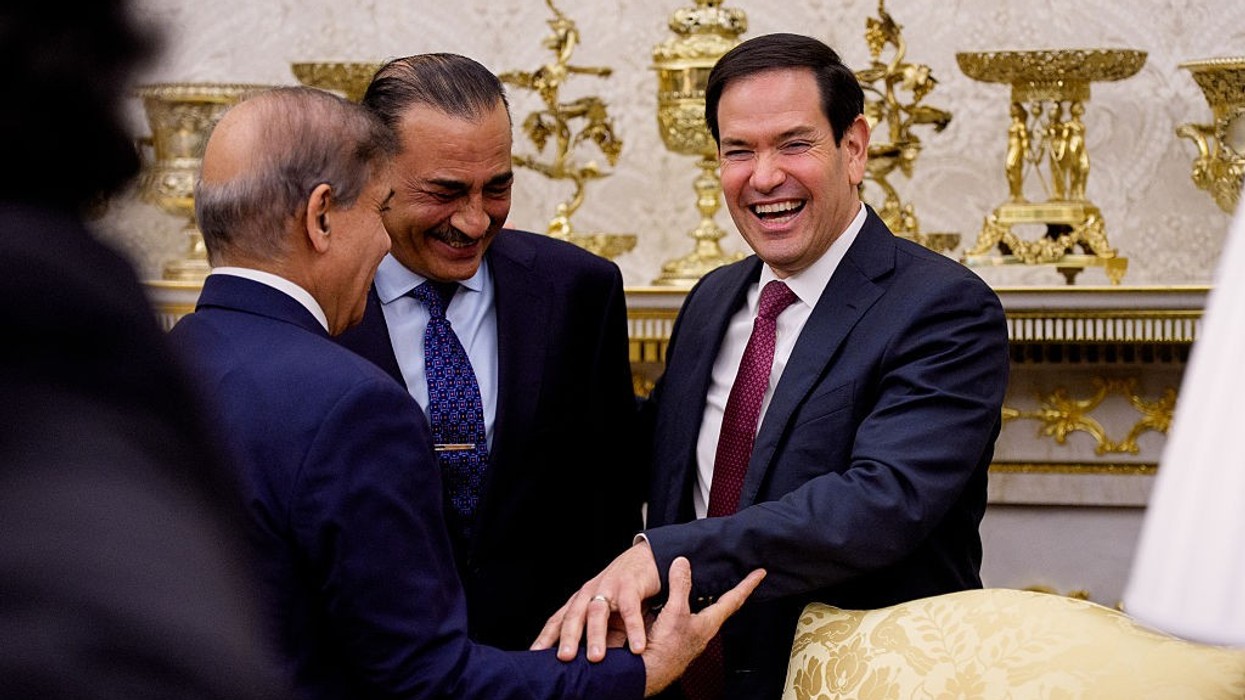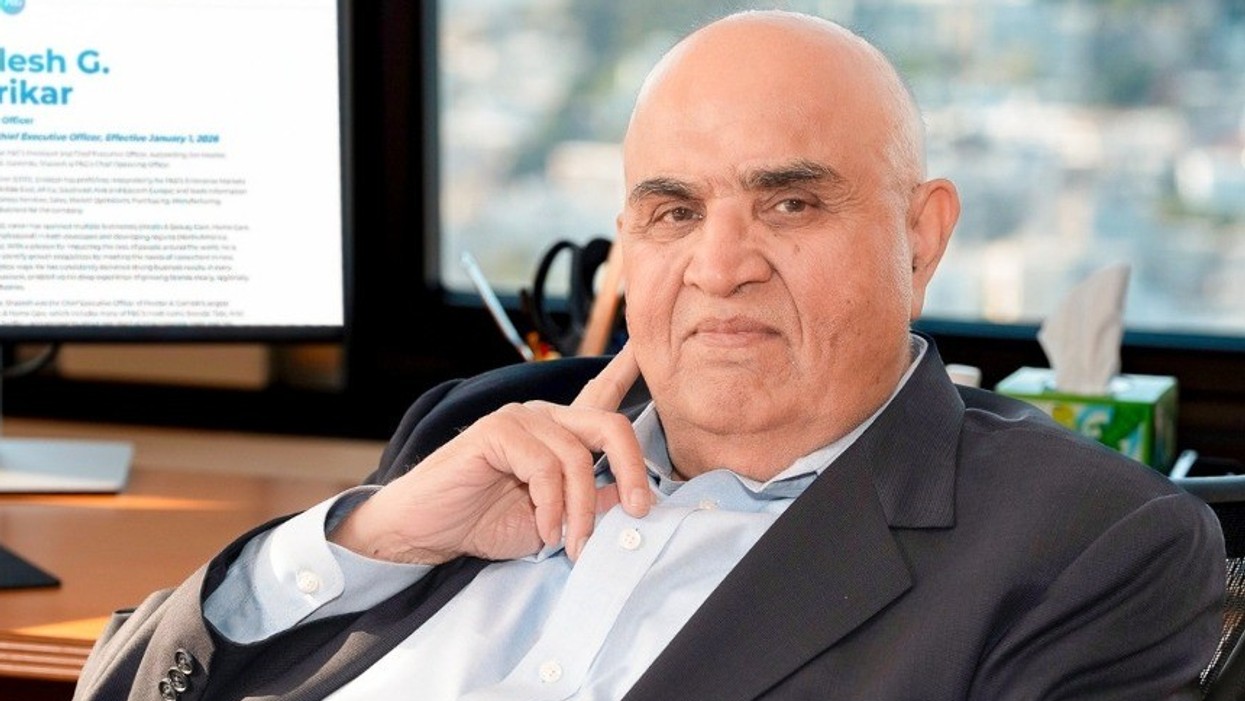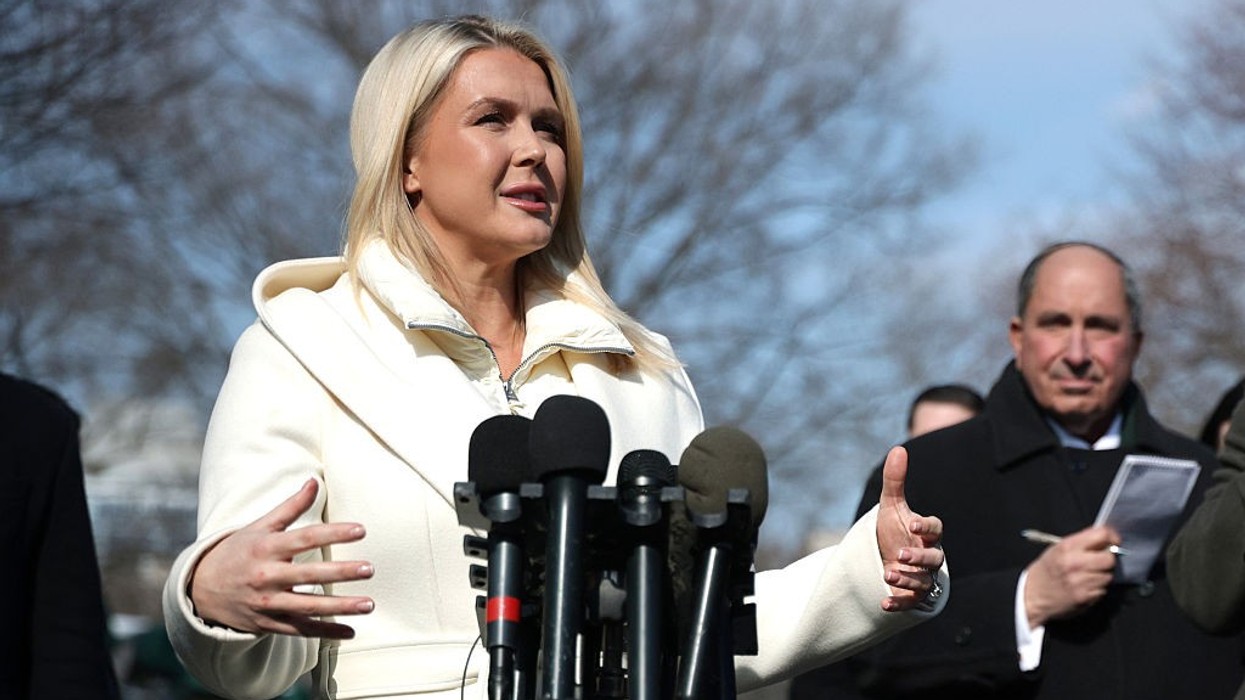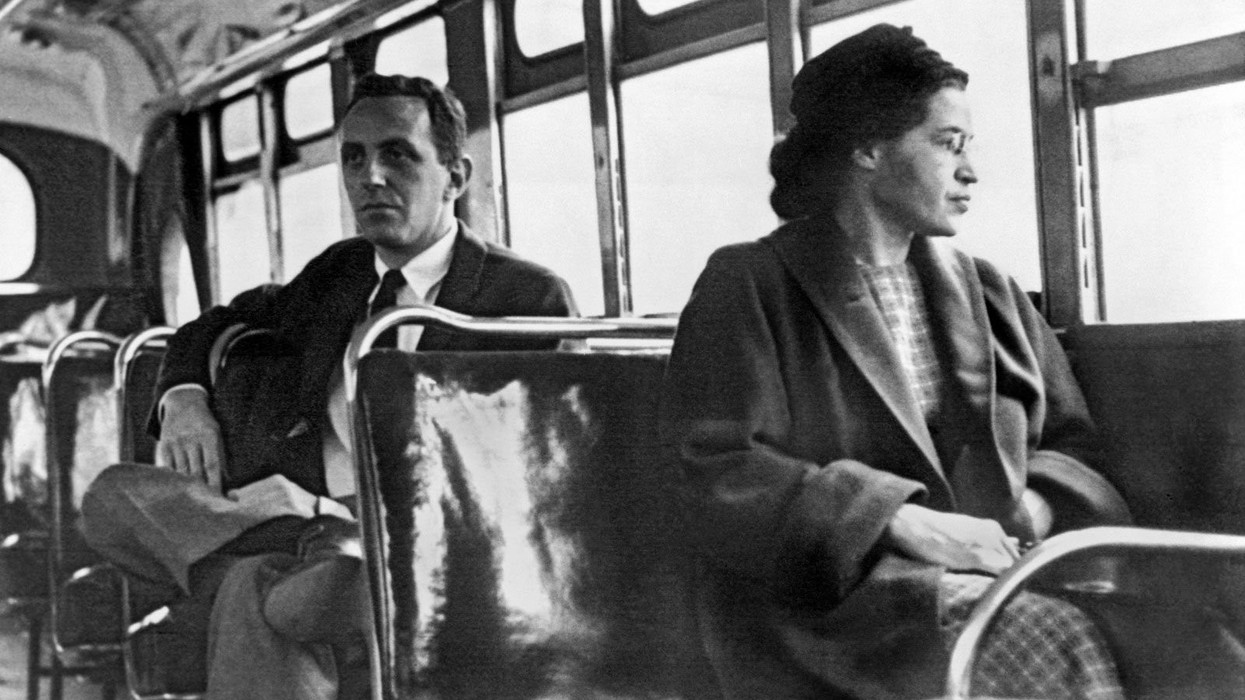Highlights:
- Valentina Gomez released a campaign-style video burning the Quran and vowing to “end Islam in Texas.”
- She used inflammatory language, urging Muslims to “leave” and accusing Islam of promoting violence.
- Gomez linked the Quran to global terror incidents, citing Hamas’ October 7 attack and the Kabul airport bombing.
- Critics, including Trump ally Richard Grenell, condemned her rhetoric as unconstitutional and against religious freedom.
- Social media backlash branded her video as dangerous incitement, warning it could fuel violence against Muslims.
Valentina Gomez, a Republican candidate contesting Texas’s 31st Congressional District, ignited widespread condemnation after posting a video on social media in which she burned a copy of the Quran. In the video, Gomez declared her mission to “end Islam in Texas” and urged Muslims to leave the state, saying, “Muslims can f*** off to any of the 57 Muslim nations.” The inflammatory clip quickly went viral, drawing sharp criticism from various communities and politicians.
Provocative and incendiary remarks
In the campaign-style video, Gomez made highly provocative statements, alleging that Muslim communities threaten Christian nations. She warned viewers that “Your daughters will be raped and your sons beheaded, unless we stop Islam once and for all.” The video concluded with Gomez signing off as “powered by Jesus Christ.”
Gomez has continued her rhetoric on social media platform X, describing the Quran as a book that promotes violence and linking it to global attacks such as the Hamas assault on Israel in 2023 and the Kabul airport bombing in 2021, in which 13 US service members died. In a subsequent interview on Fox26 Houston, she went further to claim that the Quran encourages sexual violence and terrorism, adding dismissively, “Jesus rose from the dead, can’t say the same about Muhamed.”
Backlash and criticism
Gomez’s statements have provoked outrage on social media and beyond, including criticism from within her own political party. Richard Grenell, the US President Donald Trump’s special envoy for special missions, condemned her actions as unconstitutional and a violation of the First Amendment’s guarantee of religious freedom. He stated, “Stop undermining the very First Amendment to the Constitution established by our forefathers.”
Activists, religious leaders, and civil rights groups warned that such speech risks inciting hatred and violence against Muslim communities in Texas, where Muslims constitute roughly 1 percent of the population. Social media commentators have described the video as dangerous hate speech that could fuel division and hate crimes in the state.
History of controversy
This is not the first time Gomez has sparked controversy. In December 2024, she posted a graphic video simulating the public execution of a migrant, calling for “public executions” of undocumented immigrants accused of violent crimes. Earlier in 2025, Gomez filmed herself burning LGBTQ+ literature, vowing to ban such material if elected. She also disrupted a Muslim civic event in Texas by declaring, “Islam has no place in Texas.”
Gomez’s actions have generated significant backlash, even leading to political consequences for her family, such as her brother’s dismissal from a mayor’s office after donating to her campaign.
Political and social implications
Gomez’s campaign reflects a broader rise in far-right rhetoric tied to religious intolerance and identity politics in parts of the United States. While she frames her views within Christian nationalism, critics argue that her approach undermines America’s founding principles of pluralism and freedom of religion.
Her incendiary messaging comes amid an escalating political climate marked by debates over immigration, religious freedom, and multiculturalism. The backlash underscores ongoing tensions and challenges in balancing freedom of speech with protection from hate speech.
Valentina Gomez’s Quran-burning video has triggered a storm of controversy, highlighting deep divisions within US society and politics. As she continues her campaign, the responses demonstrate widespread rejection of hate-fueled rhetoric that threatens America’s values of tolerance and coexistence. The episode will likely reignite discussions about political discourse standards and the responsibilities of public candidates in diverse societies.















